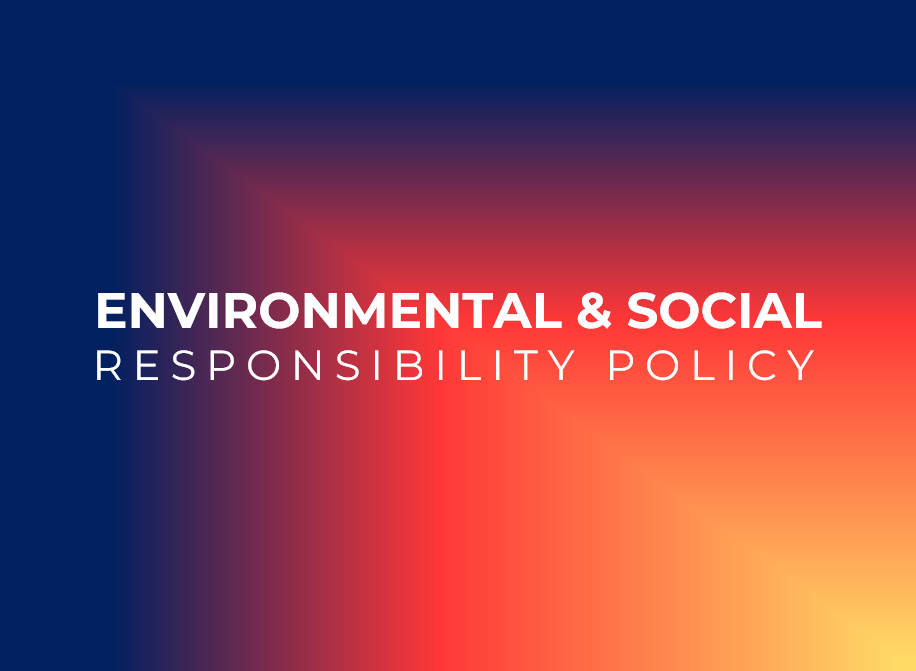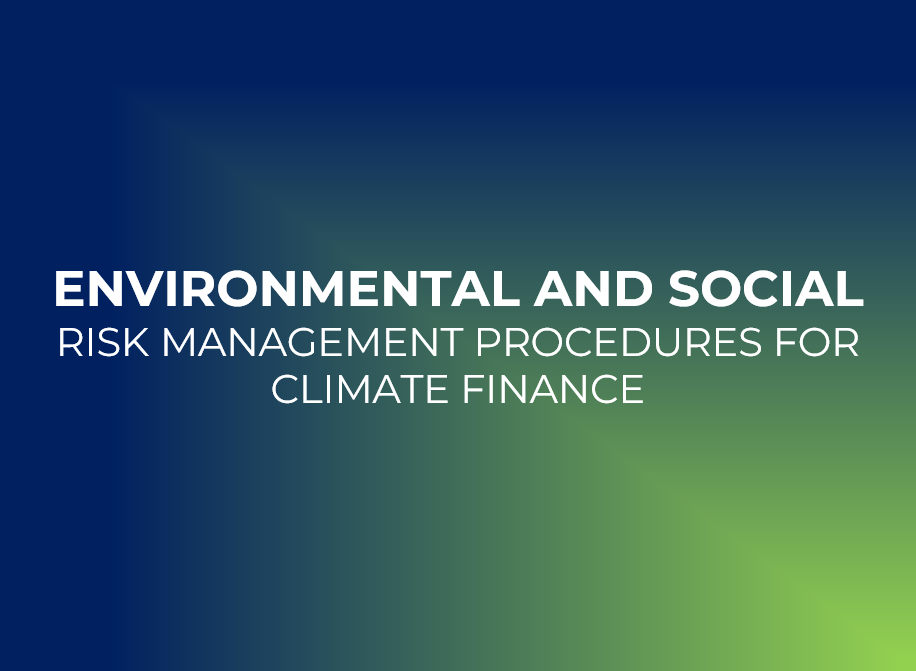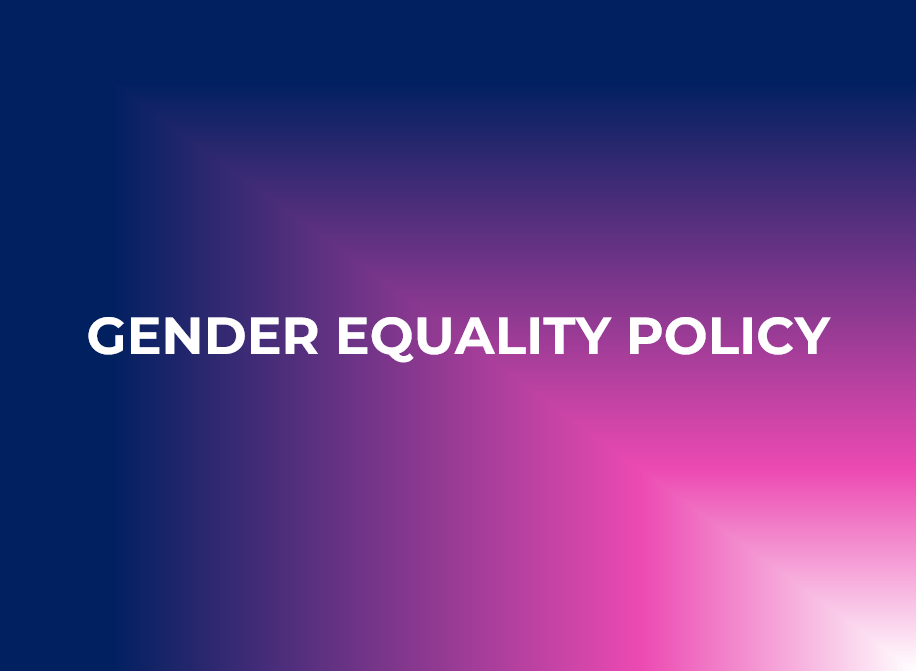ХХБ нь Нидерландын хөгжлийн банктай хамтран 2012 оноос Байгаль орчин, нийгмийн хариуцлагын бодлого, зээлдэгчийн байгаль орчин, нийгмийн эрсдэлийн түвшинг үнэлэх үнэлгээний сүүлийн үеийн арга аргачлал, эрсдэл ба хяналтын тогтолцооноос бүрдсэн байгаль орчин, нийгмийн эрсдэлийн удирдлагын цогц системийг Монголдоо нэвтрүүлээд ажиллаж байна.
Энэхүү систем нь хэрэглээний зориулалттай зээлээс бусад бизнесийн зориулалттай зээлийн хүсэлтэнд хамаарах ба бизнес эрхлэгч таны байгаль орчин, нийгмийн эрсдэлийг бид тодорхойлж, таньтай хамтран уг эрсдэлээс сэргийлнэ.
ХХБ нь ОУ-ын гэрээ, конвенц, ОУСК-ийн гүйцэтгэлийн стандарт болон МУ-ын хууль тогтоомжоор хориглосон үйл ажиллагааг санхүүжүүлэхгүй бөгөөд тэдгээр үйл ажиллагаагаар “Хориотой үйл ажиллагааны жагсаалт” гаргасан бөгөөд “Хориотой үйл ажиллагааны жагсаалт”-д ороогүй үйл ажиллагааг санхүүжүүлэх зээлийн хүсэлтийн хувьд зээлдэгчийн үндсэн үйл ажиллагаа болон зээлийн зориулалтаас хамааран эрсдэлийн түвшин тогтоогдох ба ногоон, шар, улаан гэсэн 3 түвшинд ангилагдаж, үнэлгээ хийгддэг байна.
Тухайн үнэлгээндээ тулгуурлан, шаардлагатай тохиолдолд эрсдэлийг бууруулахад авах арга хэмжээнүүдийн талаар зээлдэгчдэд зөвлөгөө өгч, зээлийн гэрээнд нэмэлт нөхцөл болгон оруулж, зээлийн гэрээний нэмэлт нөхцлүүдийн биелэлтийг зээлийн хугацаанд эргэн хянаж байна.
Дараах схемээс эрсдэл тодорхойлох, буруулах, хамгаалах, хянах системийг харна уу.
Хориотой үйл ажиллагааны жагсаалт” буюу ямар төрлийн бизнест бид зээл олгохгүй вэ?
Биологийн төрөл зүйлийн нөөц болон соёлын өвийн хамааралтай тухайн орны хууль тогтоомж болон олон улсын конвенциор хориглосон аливаа үйлдэл
Олон улсад хориглосон буюу тухайн орны хууль тогтоомж, олон улсын конвенциор хууль бус гэж үзэгддэг үйл ажиллагаа, үйлдвэрлэл худалдаа
Ховордсон ургамал амьтанг олон улсын хэмжээнд худалдаалах тухай конвенцид багтах зэрлэг амьтны болон ургамлын аймгийг худалдаалах
Байлдааны, зэр зэвсгийн худалдаа, бүтээгдэхүүн
Согтууруулах ундааны үйлдвэрлэл, худалдаа (пиво, дарснаас бусад)
Тамхины үйлдвэрлэл, худалдаа
Мөрийтэй тоглоом, казино болон түүнтэй адилтгах байгууллагууд
Садар самуун явдал, биеэ үнэлэхийг дэмжсэн аливаа бизнес
Цацраг идэвхит бодисын материал үйлдвэрлэл, худалдаа
Албадан хөдөлмөрлөлт, хор хөнөөлтэй хүүхдийн хөдөлмөрийн мөлжлөг ашиглан үйлдвэрлэсэн бүтээгдэхүүн буюу үйл ажиллагаа
Ойжуулалтын тогтвортой удирдлаган дор хөгжүүлж байгаа ой модоос бусад газарт мод болон бусад ойн гаралтай бүтээгдэхүүнийг үйлдвэрлэх буюу тэдгээрийг худалдаалах
Холбогдох экспорт, импорт болон транзит орнуудаас авсан шаардлагатай экспорт, импортын гэрчилгээгүй, эсхүл дамжин өнгөрүүлж тээвэрлэх зөвшөөрөлгүй барааг наймаалцах
Эрсдэлийн түвшин нь үйл ажиллагааны төрөл, чиглэлээс хамаарч дараах байдлаар ангилагдана.
Улаан | Шар | Ногоон |
Уул уурхай, ашигт малтмал олборлолт, баяжуулалт | Газар тариалан | Хүнсний болон хэрэглээний барааны худалдаа |
Өрөмдлөг, хайгуул | Мал аж ахуй | Зочид буудал, нийтийн хоолны үйлчилгээ |
Ан агнуур, загасчлал | Барилгын засвар, засал чимэглэл | Мэдээлэл, холбооны үйлчилгээ |
Мод бэлтгэл | Барилгын материалын үйлдвэрлэл | Санхүүгийн болон даатгалын үйл ажиллагаа |
Зам, гүүр, барилга угсралт | Сүү, сүүн бүтээгдэхүүний үйлдвэрлэл | Үл хөдлөх хөрөнгийн зуучлалын үйл ажиллагаа |
Архи, тамхины худалдаа, үйлдвэрлэл | Бусад хүнсний бүтээгдэхүүн үйлдвэрлэл | Боловсрол, урлаг, үзвэр, тоглоом наадмийн үйлчилгээ |
Мах, арьс ширний боловсруулалт | Металл эдлэл үйлдвэрлэл | Хүний эрүүл мэнд болон нийгмийн халамжийн үйл ажиллагаа |
Эм, эмийн бүтээгдэхүүн үйлдвэрлэл | Цахилгаан хий, уур, агааржуулалтын | Тээвэр ба агуулахын үйл ажиллагаа |
Химийн гаралтай бүтээгдэхүүн үйлдвэрлэл | Ус хангамж, бохир ус зайлуулах | Мэргэжлийн,шинжлэх ухаан болон техникийн |
Шатахууны худалдаа | Бусад төрлийн бүтээгдэхүүн үйлдвэрлэл | Хүн хөлслөн ажиллуулдаг өрхийн үйл ажиллагаа, өрхийн хэрэглээндээ зориулсан бүтээгдэхүүн, үйлчилгээ |
Нарийвчилсан үнэлгээ хийхэд зээлдэгчээс нэмэлт материал шаардаж болно. Үүнд:
- Мэргэжлийн хяналтын ерөнхий газар, эрх бүхий байгууллагын дүгнэлт /ажлын байр, бүтээгдэхүүний чанар, гарал үүслийн гэрчилгээ, эрүүл ахуйн гэрчилгээ гэх мэт/
- Бүтээгдэхүүний тохирлын гэрчилгээ, стандартууд
- Байгаль орчинд нөлөөлөх байдлын үнэлгээ, тайлан, төлөвлөгөө
- Байгаль орчны бодлого
- Хөдөлмөрийн аюулгүй байдал, эрүүл ахуйн журам, зааварчилгаа, төлөвлөгөө, яаралтай тусламжийн төлөвлөгөө
- Компанийн нийгмийн хариуцлагын бодлого, үйл ажиллагааны төлөвлөгөө
- Хөдөлмөрийн дотоод журам, хүний нөөцийн бодлого гэх мэт.
Байгаль орчин, нийгэм, засаглалын бодлого ХХБ нь Нидерландын хөгжлийн банктай хамтран 2012 оноос Байгаль орчин, нийгмийн хариуцлагын бодлого, зээлдэгчийн байгаль орчин, нийгмийн эрсдэлийн түвшинг үнэлэх үнэлгээний сүүлийн үеийн арга аргачлал, эрсдэл ба хяналтын тогтолцооноос бүрдсэн байгаль орчин, нийгмийн эрсдэлийн удирдлагын цогц системийг Монголдоо нэвтрүүлээд ажиллаж байна.
 |  |  |
БОНХ-ын бодлогыг хэрэгжүүлснээр Банкинд, Харилцагч байгууллагад, Байгаль орчин, нийгэмд дараах давуу талууд бий болж байна.
Банкинд:
Олон улсын шилдэг банкуудын туршлагыг Монгол улсад хэрэгжүүлэх
Зээлийн эрсдэл буурах
Байгаль орчин, нийгэмд учрах эрсдэлийг бууруулах, улмаар улс орны тогтвортой хөгжилд хувь нэмэр оруулах
Харилцагчид:
Төлөвлөөгүй зардал болон эрсдэлээс урьдчилан сэргийлэх. Тухайлбал:
Үйлдвэрлэлийн ослоос урьдчилан сэргийлэх, ослын тоо хэмжээг бууруулах улмаар ослоос үүдэн гарах зардал болон эрсдэлээс сэргийлэх
Компаний олон нийтэд учруулж болзошгүй сөрөг нөлөөнөөс үүдсэн олон нийтийн эсэргүүцлээс гарч болох зардал болон эрсдэлээс сэргийлэх
Зөвшөөрөгдөөгүй үйл ажиллагаа, чанарын шаардлага хангаагүй бүтээгдэхүүн, үйлчилгээ зэргээс үүдсэн төр, захиргааны байгууллагын торгууль, шийтгэлээс сэргийлэх
Ногоон технологи ашиглаж, эрчим хүч, түүхий эдээ хэмнэх замаар үйл ажиллагааны зардлаа бууруулах
Зохистой техник, технологи ашиглаж, хог хаягдлаа багасах, үйлдвэрлэлийн гарцыг нэмэгдүүлэх, ажилчдын ажиллах таатай орчныг бүрдүүлж ажлын бүтээмжийг нэмэгдүүлэх замаар орлого, ашгаа нэмэгдүүлэх
Хямд хүүтэй зээл, санхүүжилт авах боломжтой болох
Олон нийтэд танай компанийн нэр хүнд өсөх, улмаар эерэг сурталчилгаа болж орлого, ашиг нэмэгдэх
Улс орны тогтвортой хөгжилд хувь нэмрээ оруулах.
Байгаль орчин, нийгэмд:
Ус, хөрс, агаарын бохирдол буурах
Цаг уурын өөрчлөлт багасах
Ховордсон ан амьтан, ургамлыг хамгаалах
Түүх, соёлын өвийг хамгаалах
Хүний эрх, эрх чөлөөг зөрчсөн асуудлууд багасах.
